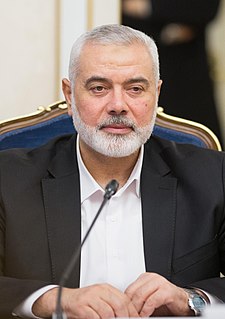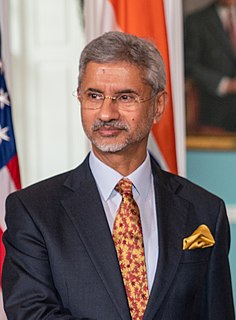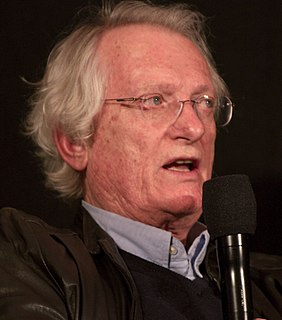A Quote by Amos Oz
But The Same Sea is set precisely in this Israel, which never makes it to the news headlines anywhere. It is a novel about everyday people far removed from fundamentalism, fanaticism nationalism, or militancy of any sort.
Related Quotes
When anyone asks me how I can best describe my experiences of nearly forty years at sea, I merely say uneventful. I have never been in an accident of any sort worth speaking about....I never saw a wreck and have never been wrecked, nor was I ever in any predicament that threatened to end in disaster of any sort.
Indeed, at hearing the news that 'the old god is dead', we philosophers and 'free spirits' feel illuminated by a new dawn; our heart overflows with gratitude, amazement, forebodings, expectation - finally the horizon seems clear again, even if not bright; finally our ships may set out again, set out to face any danger; every daring of the lover of knowledge is allowed again; the sea, our sea, lies open again; maybe there has never been such an 'open sea'.
I'm confused about who the news belongs to. I always have it in my head that if your name's in the news, then the news should be paying you. Because it's your news and they're taking it and selling it as their product. ...If people didn't give the news their news, and if everybody kept their news to themselves, the news wouldn't have any news.
Here is the difference, nationalism has a certain connotation in Europe, which is not necessarily positive, but I think in Asia, nationalism is seen very much as a sort of natural corollary to economic progress, almost like you're independent, you progress, you are prosperous and nationalism comes with all of that.
I have never seen an adequate description anywhere of the amazement, the uncomprehending horror of the bulk of the American people which preceded the firing of that gun at Sumter. Politicians or far-sighted leaders on both sides knew what was coming. And it is they who have written histories of the war. But to the easy-going millions, busied with their farms or shops, the onrushing disaster was as inexplicable as an earthquake. Their protest arose from sea to sea like the clamor of a gigantic hive of frightened bees.
What makes art in general, and literature in particular, remarkable, what distinguishes them from life, is precisely that they abhor repetition. In everyday life, you can tell the same joke thrice and, thrice getting a laugh, become the life of the party. In art, though, this sort of conduct is called 'cliche.'
Among the poor, the approach of dissolution is usually regarded with a quiet and natural composure, which it is consolatory to contemplate, and which is as far removed from the dead palsy of unbelief as it is from the delirious raptures of fanaticism. Theirs is a true, unhesitating faith, and they are willing to lay down the burden of e weary life, in the sure and certain hope of a blessed immortality.






































